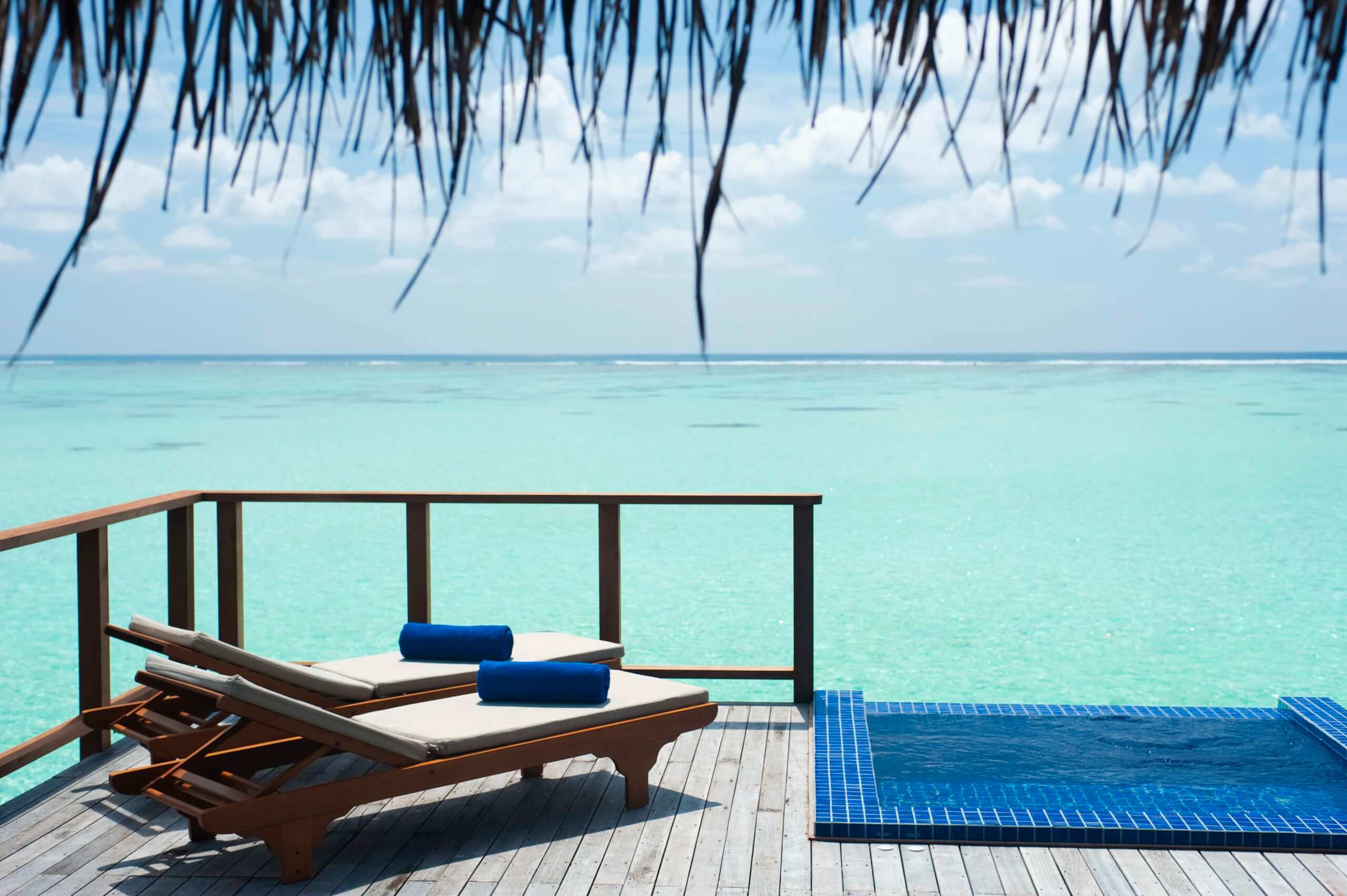About Time: You Invested in a Water FilterBy Angelica Malin
Drink more water. We hear it time and again, and most of us are as guilty of saying it to our kids and loved ones as we are of failing to take our own advice. The exact figures on how much water we should be consuming each day seems to change all the time, but for most of us, whether it’s six glasses or eight is moot – either way, we are not getting enough.
One of the reasons, is that tap water is simply not the most tasty drink on the planet. We’d rather have a cup of tea, a can of coke or just about anything else, and surely liquid is liquid. The trouble is, some of those alternatives have the opposite effect. Sugary drinks can soak up as much water as they provide, while tea and coffee tend to have a diuretic effect.
The truth is, water means water. That essentially gives you three choices: drink what comes out of the tap and put up with it, buy crate upon crate of bottled water, or get a water filter for your home.
Filtration ticks all the boxes
There are some high-end bottled waters that come from a specific source and claim to have properties verging on the magical – if that’s your preference and you have the budget to pay over the odds, then by all means, go ahead. But, in most cases, your basic bottled water is nothing more than filtered tap water – yes, municipal water!
What is the point in spending all that money on bottled water when a water filter can do the same thing, only better, cheaper and with less impact on the environment? Let’s look at each of those factors in a little more detail.
Home filtration is better
There are a whole variety of different filtration methods in use, including gravity filters, activated carbon filters, reverse osmosis systems and distillation. Each of them removes different pollutants, and the trouble is that if you buy bottled water, you have no idea what filtration method has been employed.
Gravity filters such as the Big Berkey water filter have the added bonus of getting rid of fluoride, something that most other filters leave behind. At the same time, unlike distillation or reverse osmosis, this type of filter leaves the essential minerals in place. In other words, when you filter the water yourself, you can be selective as to what stays and what goes.
Home filtration is cheaper
This one is simply a no-brainer. The overall cost of one of those two-gallon filtration systems over the course of ten years, including replacement filters, works out at about 2 cents per gallon. How much do you spend on bottled water? 1 dollar for a 16 ounce bottle? Even the so-called “loss leader” supermarket economy brands that are sold for around 20 cents/bottle are still 10 times more expensive than the home filtration option.
Home filtration helps the environment
You have probably seen the shocking images of plastic bottles floating around at sea. We add another 20 billion to them every year, and they are not going to degrade or magically disappear on their own. They will just do more and more damage to the planet’s ecology, and sooner or later, long after we are gone, our grandchildren or great-grandchildren are going to have an almighty clean up operation on their hands. Is that the sort of legacy we really want to leave for future generations?
The trouble is, that’s only half the story. The manufacturing process uses three times as much making a single bottle than it does filling it, and due to the chemical processes taking place, that water is generally not reusable. The industry also uses an incredible 17 million barrels of oil to produce the 200 billion water bottles that are bought each year. According to research carried out by the Earth Policy Institute, when you factor in the pumping, processing, refrigeration and transportation of bottled water, you can add another 50 million barrels of oil to the tally, every single year.
Do everyone a favour
It seems insane to think that anyone still buys bottled water at all given all those factors. A water filter provides better quality water at a lower price. That is enough in itself, but even if it didn’t, the sheer irresponsibility attached to the bottled water industry cannot help but make you wonder how anyone can buy it with a clear conscience.
They say that ignorance is bliss, but perhaps it is time to remove the blinders from our eyes. After all, just take a look at your children and grandchildren, or picture them in your mind’s eye if they are yet to come. Haven’t they got better things to do than spend their lives cleaning up our mess?



